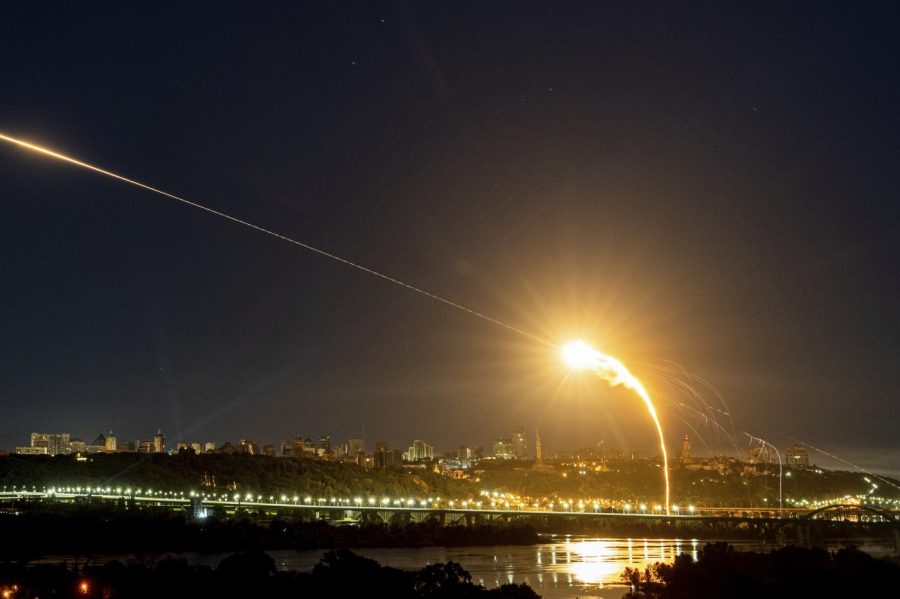CIA Director William Burns called Russia’s war on Ukraine a “once-in-a-generation opportunity” to recruit spies for the intelligence agency.
“Disaffection with the war will continue to gnaw away at the Russian leadership, beneath the steady diet of state propaganda and practiced repression. That disaffection creates a once-in-a-generation opportunity for us at CIA, at our core a human intelligence service,” Burns said in a lecture Saturday to the Ditchley Foundation in the United Kingdom, according to a transcript of his remarks.
“We’re not letting it go to waste. We recently used social media — our first video post to Telegram, in fact — to let brave Russians know how to contact us safely on the dark web. We had 2.5 million views in the first week, and we’re very much open for business,” Burns said.
The CIA launched an account on the social media platform Telegram in a push to recruit Russian assets and facilitate secure contact with the U.S. agents.
The agency also released a Russian-language video titled, according to translations, “Why I contacted the CIA: My decision,” which appears to show fictional Russians making the choice to come forward with information.
Burns, a former ambassador to Russia, lauded the work of the intelligence community amid Moscow’s war, now nearly a year and a half on.
He said a new strategy that includes “careful declassification of some of our secrets” has helped deny “false narratives” from Russian President Vladimir Putin, “putting him in the uncomfortable and unaccustomed position of being on his back foot.”
Burns described the Moscow leaders as a “combustible combination of grievance, ambition and insecurity,” called the war a “strategic failure” for Russia, and characterized Putin’s desire to control Ukraine as “tragic and brutish fixation.”
